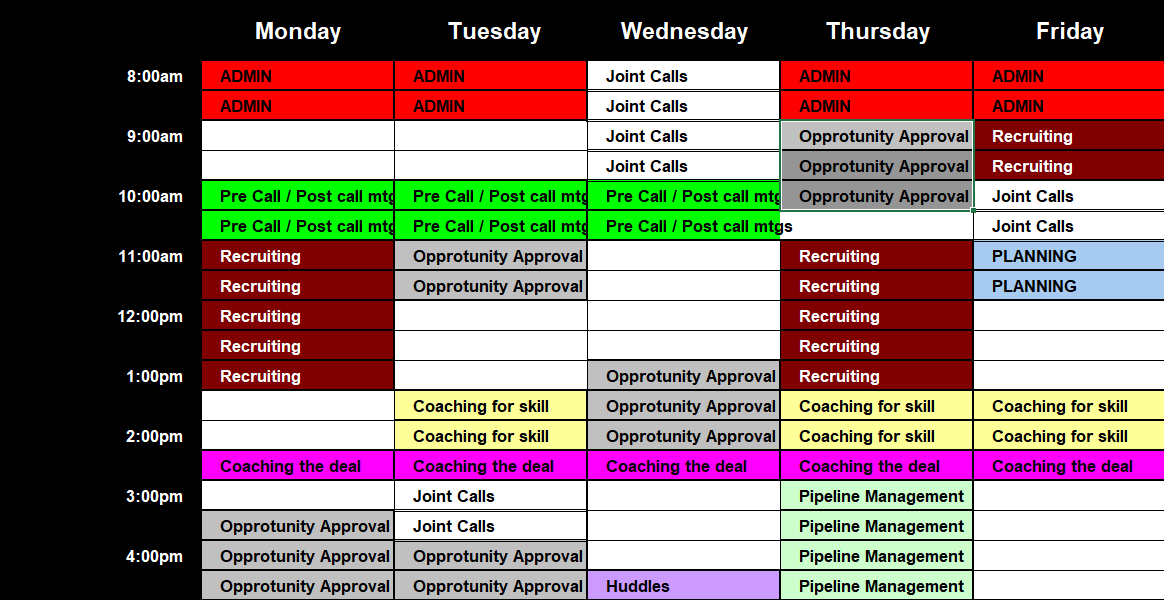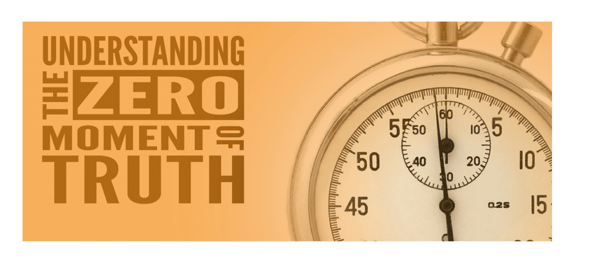In our 7th installment of Football & 9 Sales Productivity Tools That Will Change Your Results, we bring you the pivotal and "must-have" Pre-Call Checklist. Going into a sales call without a plan is similar to going into a football game without a game plan; it's a recipe for disaster!

Going into a sales call without a documented, practiced, and rehearsed plan would be equivalent to playing a football game without film time, practice time, meeting time and strategy development. It would be like a coach showing up in the locker room and telling the team,
“I think we’ll wing it today."
The head coach might have an idea of the plays and drills he wants to run, while the players might have some idea of what is expected of them, but subtract the preparation required to succeed, or a pre-game strategy; and that team is sure to fail. And so, that's how it goes with salespeople and sales teams that "wing it."
What we know from extensive research (over 1.9 million salespeople evaluated) done by the Objective Management Group, and with our use of their Sales Effectiveness and Improvement Analysis, there are certainly specific characteristics that make salespeople successful.
Aside from being extremely strong in the competencies you would normally want in a salesperson, such as being a great Hunter or a Consultative Seller, Selling Value, Qualifying, and having a great Presentational Approach, they also have 76% of the skills needed to be competent in executing a consistent, milestone-centric sales process. That means that more often than not, their pipelines will be more accurate, their sales cycle will be shorter, and their closing ratios will be higher.
Why?
Because They Follow A Process!
Back in the day, Marsh McLennan (following the tenets of Strategic Selling,) "Blue Sheeted" opportunities to determine if it was qualified and closable. This process forced salespeople to identify information that wasn’t uncovered and steps in the sales process that weren’t taken as well.
In our Sales Managed Environment Program, we take our clients through a very specific and detailed process of building, implementing and executing pre and post call meetings and worksheets. This process of using a scorecard more accurately defines the probability of closing and identifies the steps that a salesperson must take PRIOR to presenting a solution.
If you must close more business, more quickly and at higher margins, then developing a Pre-Call Checklist is a must!
Schedule a Meeting with one our Sales Development Experts to Help you Build a Pre-Call Checklist and Probability Scorecard
You can check out all of our Sales Productivity Tools below!











